How Wolf Creek Family Farm Sells By Weight Using Local Line
More and more farms are diversifying their revenues. From running a CSA program, adding laying...
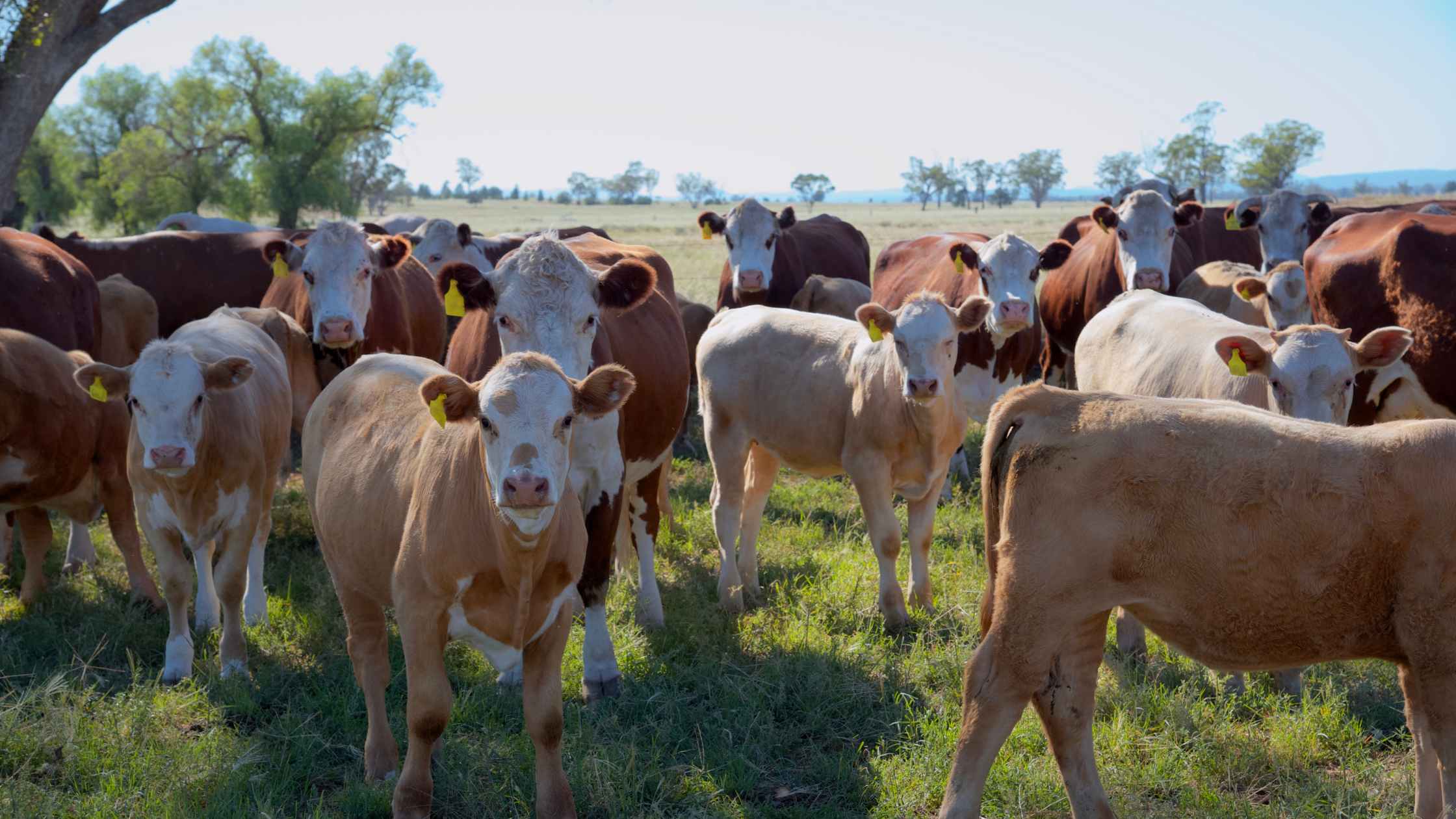
Field Sparrow Farms is a family-owned cattle and pastured meat farm located in the small town of Bobcaygeon, Ontario. Sarah and Henry believe in the responsibility of providing families with fresh local meat and innovative farming strategies. However, their primary focus has been to help protect grassland bird species that are on the brink of decline due to habitat loss.
Direct selling to their customers is an essential part of their business model; but when selling variable-weighted products, such as grass-fed beef and pasture-raised chicken and pork – managing inventory and pricing can get challenging.
We sat down with Sarah to learn more about their business model and how she made this happen using Local Line:
Nina (Local Line): Can you tell us a bit about Field Sparrow Farms? How did you guys got started and what do you produce?
Sarah Bakker (Field Sparrow Farms): We were hobby farming for a while and discovered we really liked working with cattle. So, we started farming grass-fed beef in 2007 and added pasture-raised chicken when we bought our farm in Bobcaygeon, in 2011. We experimented with pastured pork, but ultimately, we really liked doing pasture chicken and grass-finished beef.
.jpeg?width=394&height=394&name=IMG_3810%20(1).jpeg) N: What are your primary sales channels?
N: What are your primary sales channels?
S: All of our orders go through Local Line right now, but prior to the pandemic, we were doing a number of farmers' markets. For the very first month or two of the pandemic, we were juggling orders, I was using spreadsheets to try to put stuff out, like MailChimp and it was such a hassle. I thought “I’m not doing this anymore” and so I Googled, as we all do, what are the different options out there for creating an online store because what I was doing wasn’t tenable. And so, I recognized your name before from conversations in my network. But what I liked about Local Line was it was cost-efficient compared to other platforms I found and it had flexibility.
N: Could you describe your ordering cycle?
S: We offer deliveries into our different delivery areas. So we do Toronto and Peterborough on Wednesdays, and we deliver to the Kawartha Lakes on Saturdays.
To start off the week, I send out an email and post on social media to all of our customers telling them that it’s time to place your order, and I post pictures. I try to post a funny story or something that's happening on the farm. When we send that out, people then go online and place their orders throughout the week. Usually on the last night, I print up the order sheet for my husband who does the packing.
He uses the order sheet from Local Line, packs all the orders, and gives me the weights. Then I go in, enter the weights, and send out the invoices. Then he does deliveries. That process is actually pretty easy.
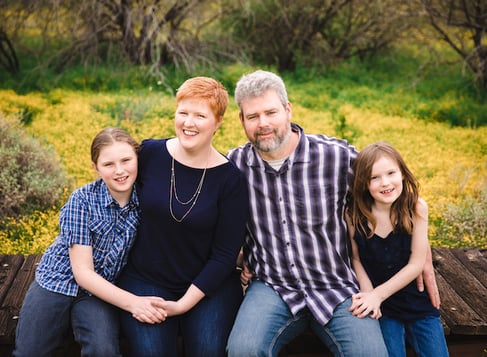 N: How do you handle your inventory? Do you predict inventory beforehand?
N: How do you handle your inventory? Do you predict inventory beforehand?
S: We don't update our inventory until we have it in our freezer because it’s really difficult to estimate the number of packages of ground beef that I'm gonna get out of a single beef.
For the most part, when we go to the butcher and pick up the beef, we'll count everything, put it in the freezer, get average weights, and then that's when I do my update in Local Line. Chicken is a little easier because that is predictable. There are only two chicken legs and only two breasts. So, when we process chicken I can put those numbers in advance, but I don't do it too far in advance because I don't want people ordering stuff not in my freezer yet since I don't have a way to go just make more.
N: How do you handle fulfillment? Do you offer delivery?
S: We do offer the option of on-farm pickup for our local customers and we do free delivery in Kawartha Lakes. We offer free delivery because we want to feed our neighbours. That's really important. We do have to charge a delivery fee for going into Toronto and Peterborough because it’s a little further away. With the cost of gas, we do need to offset some of our costs that way.
N: How do you define your delivery fee or set a minimum order value for Peterborough and Toronto?
S: We set the minimum order by gut-checking to make sure it feels like it’s worth it. We didn't want to set it too high so that people thought, “Oh, well, I'm not going to bother ordering.” And we didn't want to set it too low, where we're going in and delivering one package of ground beef to somebody. We decided to set it at $50 which feels reasonable to us.
This is not a scientific process, but for our delivery fee, we look at the quantities, what’s the average delivery that we do, and how much does it cost us? Once we determine that, we divide that into our delivery fee. That’s the challenge though, right? Finding the balance but with experience, you figure it out.
.jpeg?width=306&height=408&name=IMG_3888%20(1).jpeg) N: What would you say is the biggest challenge you guys have selling by weight?
N: What would you say is the biggest challenge you guys have selling by weight?
S: Local Line has been a huge help. I was delayed in signing up because I didn’t want to learn anything new, but Local Line has made everything much easier. The biggest challenge of selling by weight is variability, not one cut is the same. Most things average out so we tend to sell a pound of ground beef by the pound, even if it’s slightly more or slightly under. A roast could be anywhere from two to four pounds, depending on the cows and depending how the butcher cuts it. With Local Line, I set it so that we can sell by package and then price by weight. Then, once I get the paper from Henry (my husband), I can just go into the back office and add the weight, send off the invoice and request payment. This has definitely made my work much easier.
N: Do you have any tips for farmers or any experience you’d like to share in terms of how you guys price?
S: It's really important to know your cost of production, like how much does it cost to raise a cow or a chicken. It’s important to know the cost of processing, the cost to feed, the cost of any bedding for when they're chicks and propane for heating. Knowing all of these costs allows me to price my products and make a profit on top of that. We reassess our costs every couple of years, but with inflation, it’s been important to do it this year.
N: What would you say is your favourite feature on Local Line?
S: Sell by package, price by weight. It has drastically reduced the amount of time it's taken me to send out invoices. This was actually a feature that we were looking for when we first started looking at different platforms. I'm really pleased that it's a feature available on Local Line.
N: If you were to give advice to a livestock farmer who’s considering selling online? What would you say?
.jpeg) S: It’s really important to be really on top of your inventory. Like any farmer, we eat our own food and so it's super important to make sure you track all of your inventory including what you want to take out for yourself. Then, you need to get to know your average weight because that’s very helpful for pricing and figuring out how much work you want to put into pricing and inventory. Some people who just sell chicken may have all of their chickens at $25, no matter the final weight. That’s perfectly fine, but we do the exact price of the chicken. For example, the average weight per chicken is 3 pounds. When we go to take the final weight for that order, the weight is 3.14 pounds. We update the final weight in Local Line and sell it at that weight. You’ll want to consider how much time you want to spend on that.
S: It’s really important to be really on top of your inventory. Like any farmer, we eat our own food and so it's super important to make sure you track all of your inventory including what you want to take out for yourself. Then, you need to get to know your average weight because that’s very helpful for pricing and figuring out how much work you want to put into pricing and inventory. Some people who just sell chicken may have all of their chickens at $25, no matter the final weight. That’s perfectly fine, but we do the exact price of the chicken. For example, the average weight per chicken is 3 pounds. When we go to take the final weight for that order, the weight is 3.14 pounds. We update the final weight in Local Line and sell it at that weight. You’ll want to consider how much time you want to spend on that.
Thanks so much to Sarah for sitting down with us to tell us more about Field Sparrow Farms uses Local Line every day for their business.
Used by all types of farmers, Local Line helps you sell online, communicate with customers, and manage your business all in one place.
Nina Galle is the co-author of Ready Farmer One. She continues to arm farmers with the tools, knowledge, and community they need to sell online at Local Line.
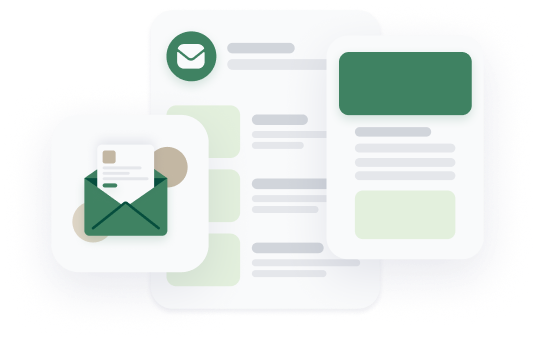
Stay in the loop by subscribing to our newsletter and receive weekly insights that you won't want to miss.
More and more farms are diversifying their revenues. From running a CSA program, adding laying...
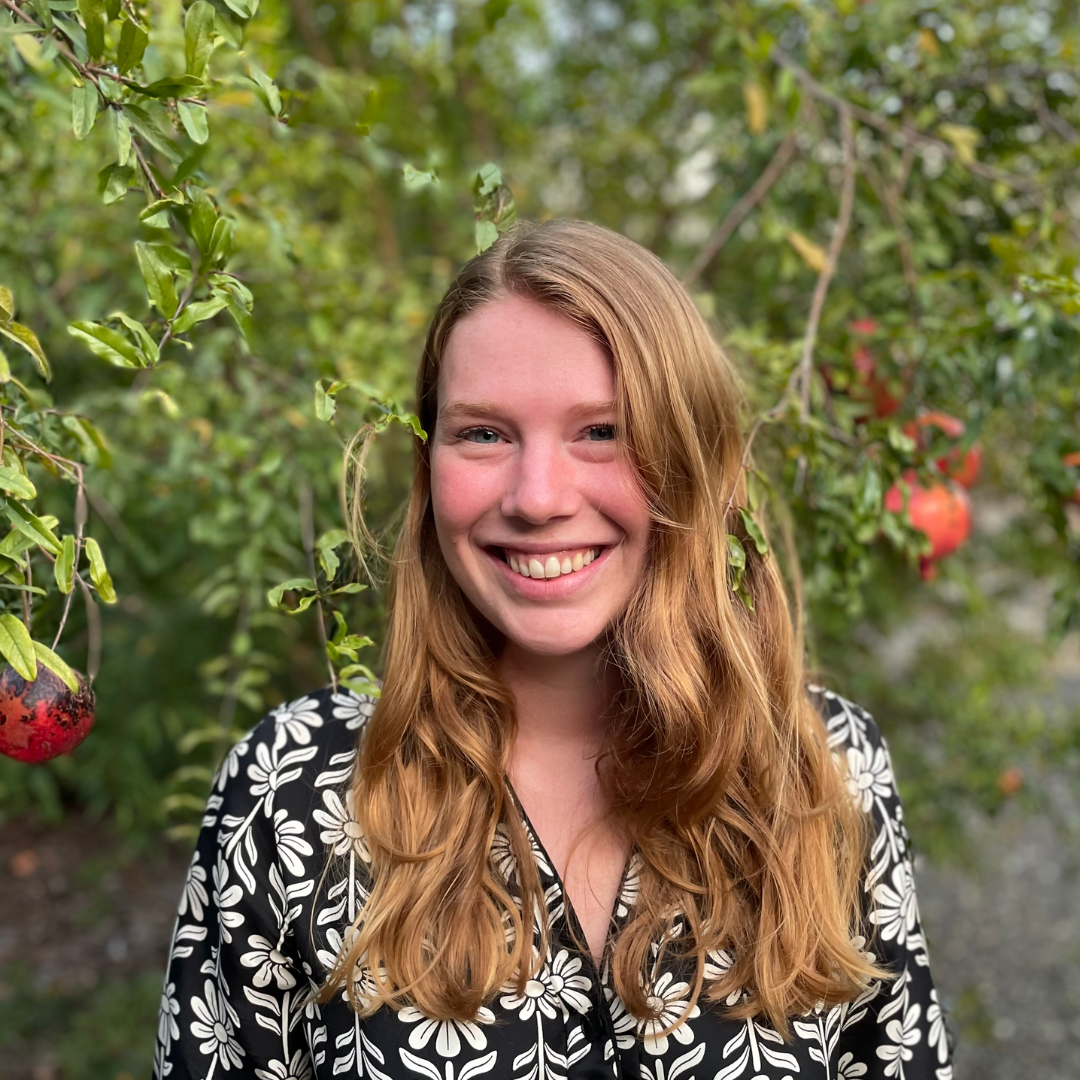 Nina Galle
Nina Galle
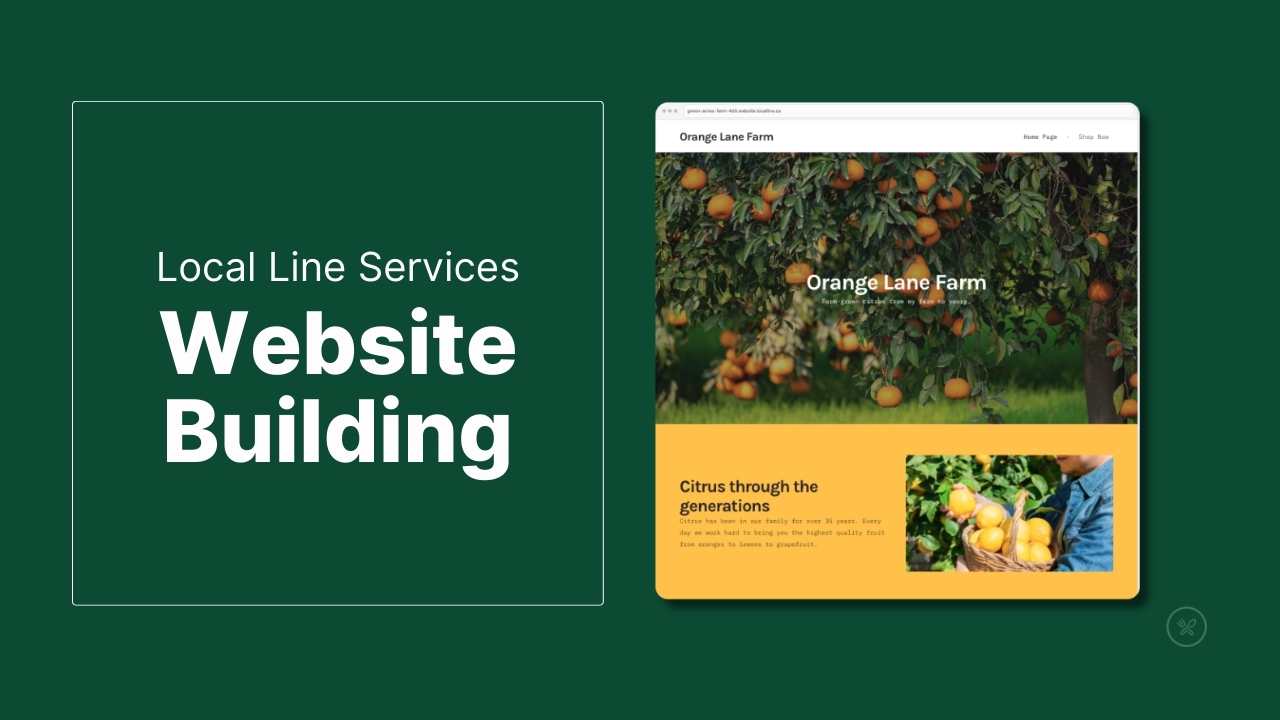
Having a well-optimized website is crucial for enhancing your farm's brand visibility and driving...
 Nina Galle
Nina Galle
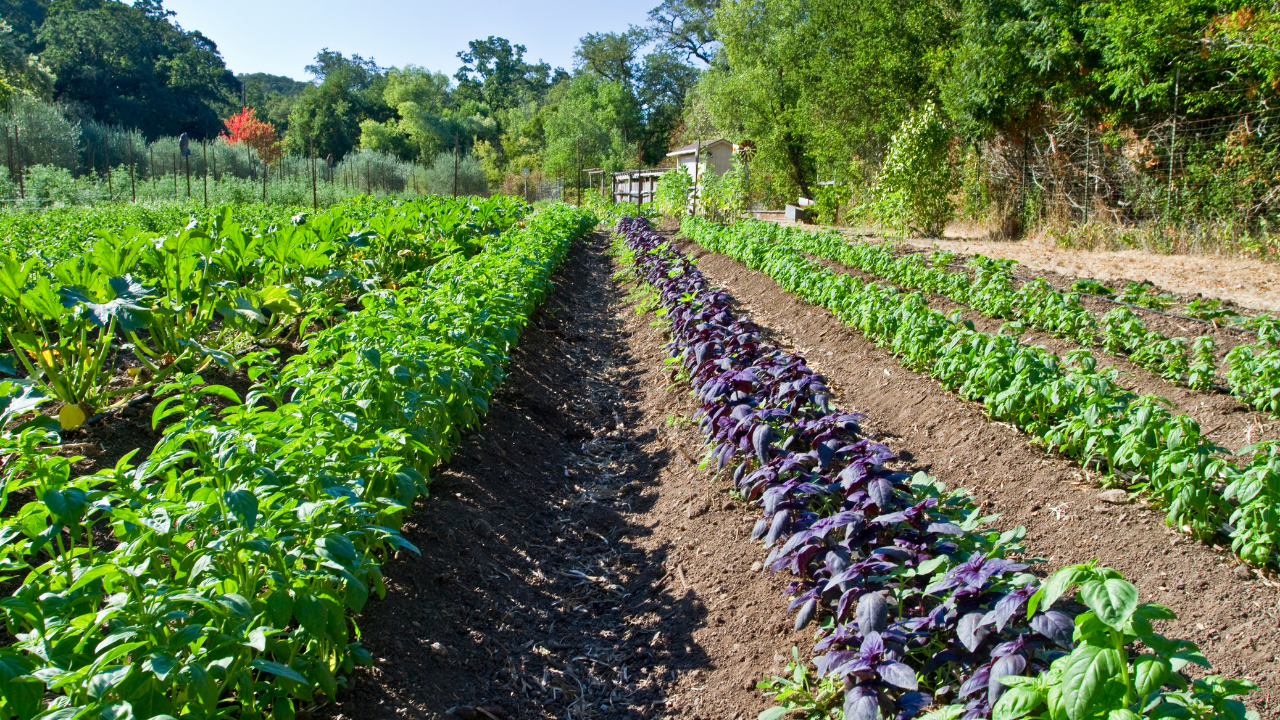
Taste of Eden Market was started out of necessity.
 Nina Galle
Nina Galle